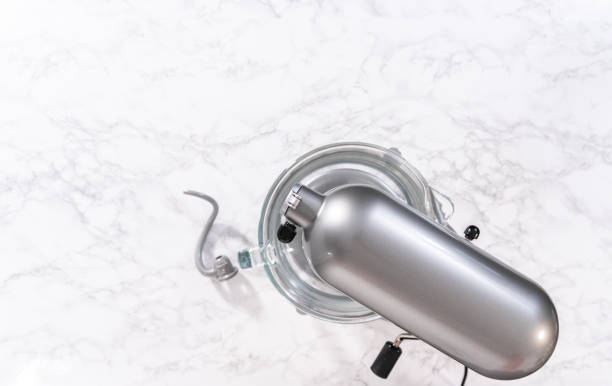A reliable water heater is essential for daily comfort, providing hot water for showers, laundry, and dishwashing. Among the various types available, tank water heaters remain a popular choice due to their affordability and straightforward operation. Selecting the right one involves evaluating capacity, energy efficiency, fuel type, and installation requirements to ensure it meets your household’s needs while minimizing long-term costs.
The first consideration is determining the appropriate tank size. Capacity is measured in gallons, with options typically ranging from 20 to 80 gallons. A small tank (30–40 gallons) may suffice for a couple or a small apartment, while a family of four or more usually requires a 50–80-gallon unit to avoid running out of hot water during peak usage. Oversizing the tank can lead to unnecessary energy consumption, while an undersized one results in frequent cold showers. Assessing your household’s daily hot water usage—including simultaneous activities like running the dishwasher and taking a shower—helps identify the ideal capacity. Energy efficiency is another critical factor. Traditional tank water heaters continuously heat stored water, which can lead to standby heat loss. Look for models with a high Uniform Energy Factor (UEF), which indicates better efficiency. Insulation quality also matters; units with thicker insulation retain heat longer, reducing energy waste. Energy Star-certified models meet strict efficiency guidelines and may qualify for rebates, offsetting the initial cost. For even greater savings, consider heat pump water heaters, which use electricity to move heat from the air rather than generating it directly, cutting energy use by up to 60%. Fuel type influences performance and operating costs. Electric water heaters are widely available and easier to install but may have higher energy costs in areas with expensive electricity. Gas models (natural gas or propane) heat water faster and are often more cost-effective to operate, though they require proper venting and gas line access. Solar-powered options harness renewable energy but depend on climate conditions and require backup systems for cloudy days. Installation requirements vary by model and home setup. Gas heaters need venting to expel combustion gases, while electric units require adequate wiring and breaker capacity. Tankless water heaters, though not the focus here, are an alternative for those prioritizing space savings, but traditional tanks remain preferable for larger households with simultaneous hot water demands. Proper installation by a licensed professional ensures safety, efficiency, and compliance with local codes. Maintenance extends the lifespan of your water heater. Annual flushing removes sediment buildup that can reduce efficiency, and inspecting the anode rod prevents corrosion inside the tank. Most units last 8–12 years, but proactive care can delay replacement. Choosing the right tank water heater balances immediate needs with long-term savings. By carefully assessing capacity, efficiency, fuel type, and installation, you can ensure a steady supply of hot water while keeping energy bills manageable. A well-selected unit not only enhances daily comfort but also serves as a dependable and cost-effective investment for years to come.



